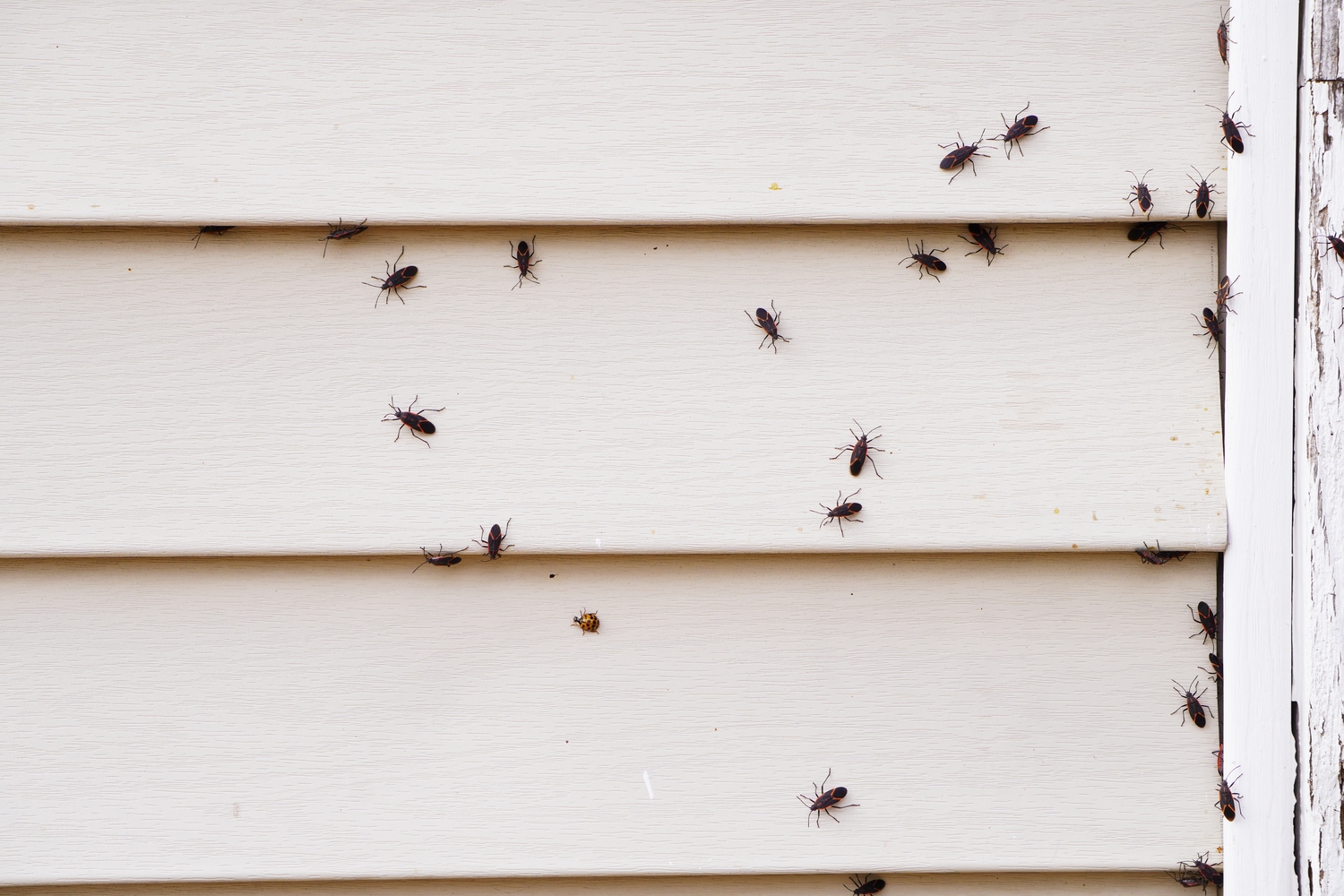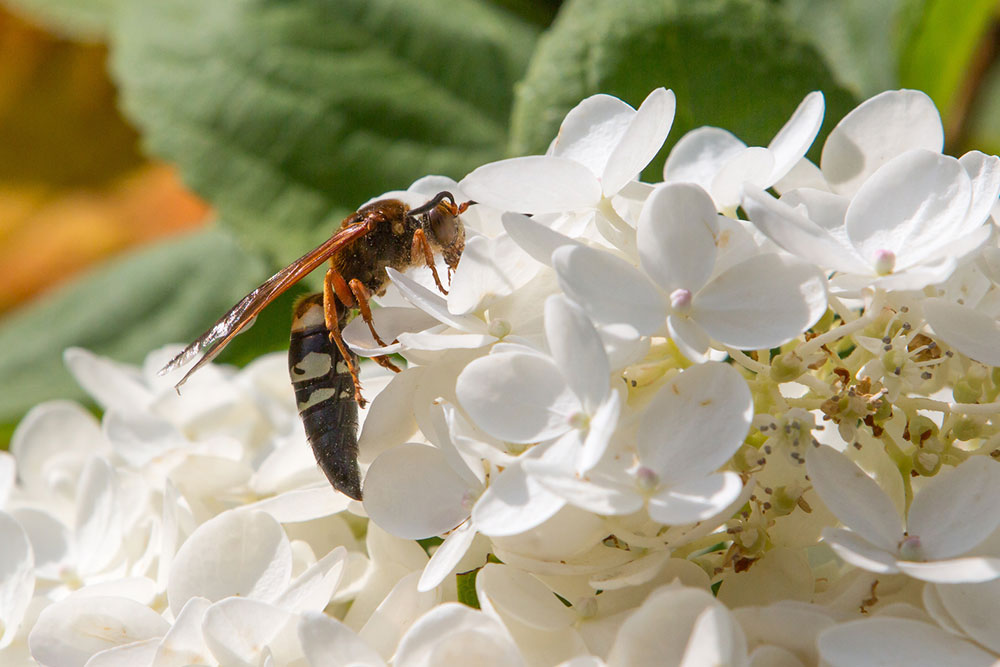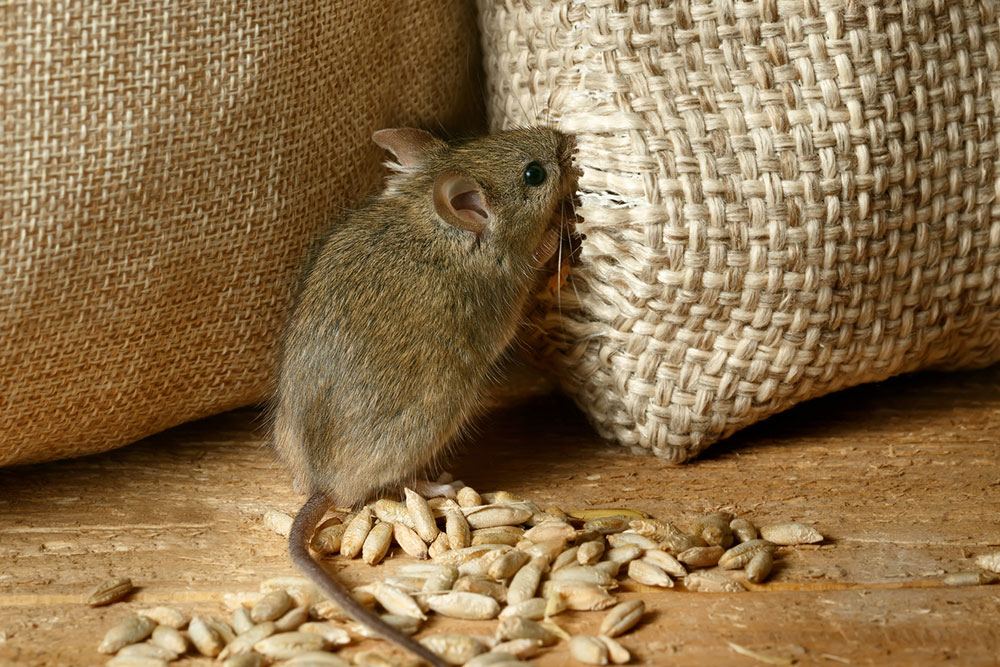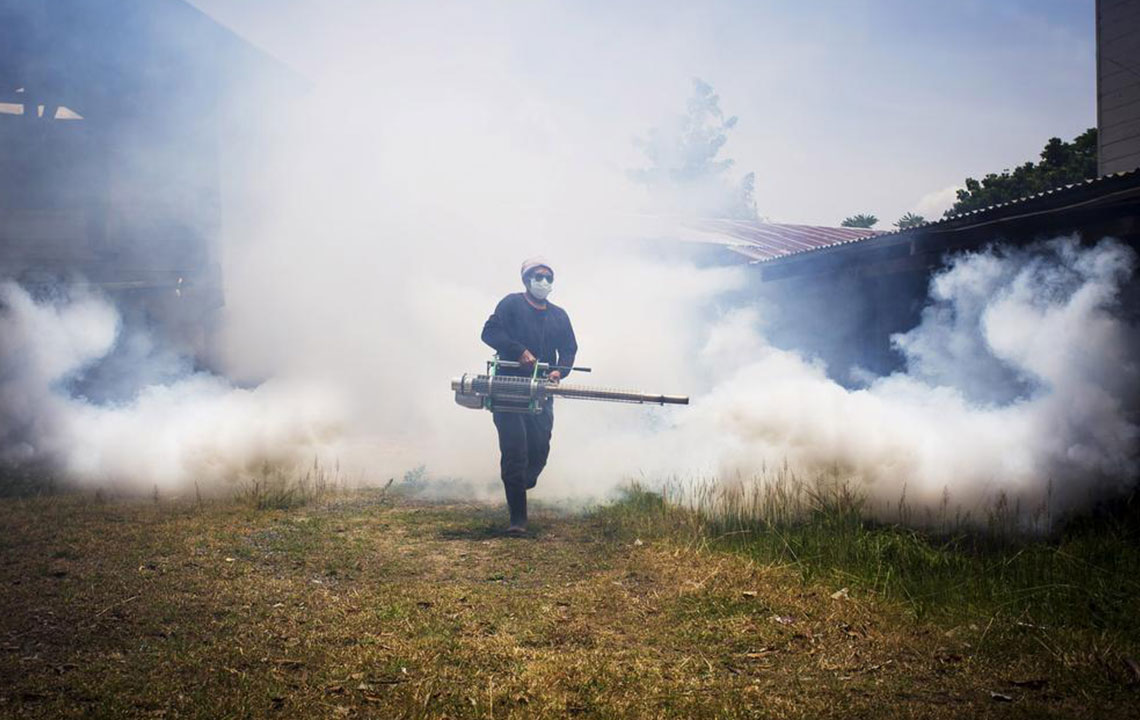Comprehensive Guide to Natural Mosquito Control: Effective Strategies for a Pest-Free Outdoors
Discover effective and eco-friendly strategies for controlling mosquitoes naturally. Learn about planting fragrant herbs, eliminating standing water, encouraging natural predators, and using natural repellents to keep your outdoor spaces safe and mosquito-free. This comprehensive guide offers practical tips for sustainable pest management, helping you enjoy your yard without the nuisance and health risks associated with mosquitos. Implementing these eco-conscious methods ensures a healthier environment and a more comfortable outdoor experience for you and your family.

Comprehensive Guide to Natural Mosquito Control: Effective Strategies for a Pest-Free Outdoors
Mosquitoes are more than just a nuisance; they are carriers of some of the world's most dangerous diseases, including malaria, dengue fever, Zika virus, and West Nile virus. Their bites can cause skin irritation and, more seriously, contribute to health complications that pose significant risks, especially in regions where these diseases are prevalent. For homeowners and outdoor enthusiasts looking for safe, eco-friendly ways to manage mosquito populations, understanding various natural control methods is essential. This detailed guide explores comprehensive strategies that leverage nature's own pest deterrents and habitat management to mitigate the mosquito problem effectively.
Using Natural Repellents for Mosquito Deterrence
One of the most straightforward and environmentally friendly methods to deter mosquitoes is through the strategic planting and use of natural repellents. For example, lavender is renowned not only for its pleasant aroma but also for its ability to repel mosquitoes effectively. Planting lavender in your garden creates a natural barrier that repels these insects while providing aesthetic and aromatic benefits. Additionally, dried lavender sachets placed indoors or in outdoor seating areas can serve as delightful, functional repellents. Lavender's antifungal and analgesic properties also help soothe mosquito bites, making it a versatile plant to include in your pest control arsenal.
Removing stagnant and standing water is perhaps the most critical step in preventing mosquito breeding. Mosquitoes lay their eggs in still water sources, so regular inspection and elimination of breeding sites are vital. This includes promptly emptying or covering items like buckets, potted plant trays, birdbaths, and rainwater collection containers. Ensuring that these items are free of water disrupts the mosquito life cycle. Inside your home or yard, damp and dark areas such as beneath sinks, underneath furniture, and behind appliances should be kept dry and clean. Maintaining proper drainage, cleaning gutters regularly, and installing fine mesh screens over windows and vents can further prevent mosquitoes from entering indoor spaces. Implementing these habitat modification strategies drastically reduces mosquito populations around your home.
Encouraging natural predators also helps control mosquito larvae. Fish species such as Gambusia or mosquito fish can be introduced into ponds or water features to eat larvae. Similarly, attracting insectivorous birds like swallows and purple martins can contribute to natural pest reduction. Fans create airflow in outdoor seating areas, making it difficult for mosquitoes to fly and land effectively. The use of natural oils such as citronella, lemon eucalyptus, thyme, peppermint, neem, rosemary, and basil can provide additional protection. These oils can be infused into diffusers, candles, or applied topically (when appropriately diluted) for their repellent properties. For larger-scale control, mosquito dunks containing larvicides based on natural bacteria such as Bacillus thuringiensis israelensis (Bti) are safe and effective for treating standing water bodies.
Consistent yard hygiene, strategic planting, and eco-friendly repellents form the backbone of an effective, sustainable mosquito control plan. These methods not only protect your outdoor living spaces but also contribute to broader environmental health. Regular maintenance, habitat modification, and awareness of mosquito breeding behaviors are essential for long-term control. By integrating these holistic strategies, homeowners can enjoy their gardens and outdoor amenities without the constant worry of mosquito bites and related health risks.





